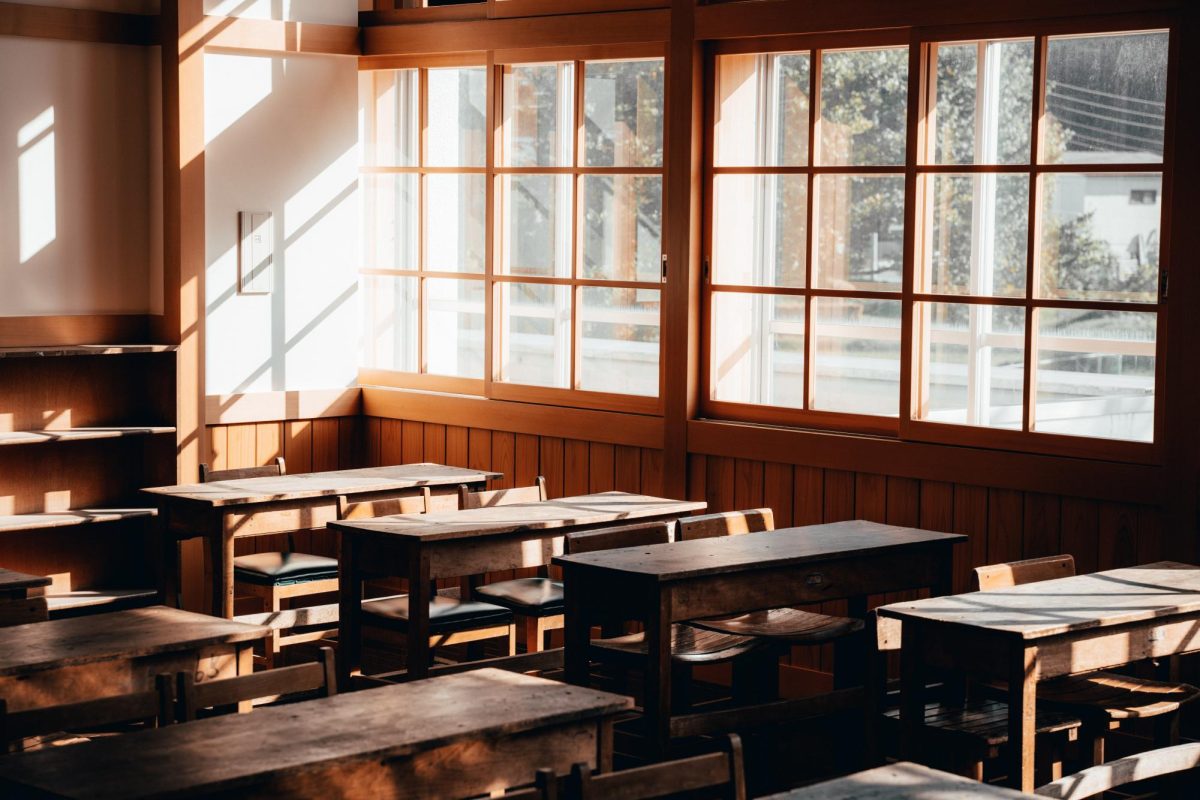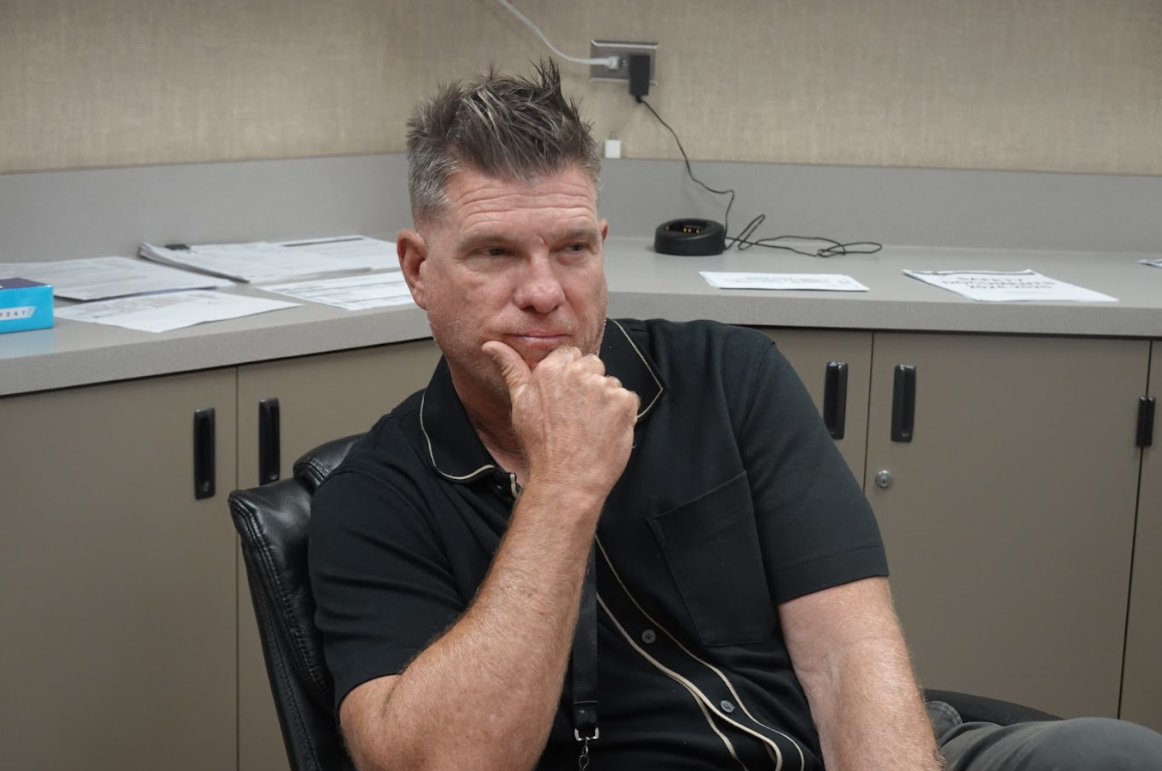As winter weather rolls around in California, many classrooms at Aliso Niguel High School are left without air conditioning in hot afternoon weather conditions, causing frustration among students and teachers alike.
The school’s air conditioning facilities experience delays at times, but this year many students are noticing that an increasing number of their classrooms are too hot to bear.
Taryn Raibon (12), a student at Aliso Niguel states, “Almost half of my classrooms this year don’t have air conditioning, or it is very weak, and I’ve noticed a lot of my teachers are irritated with the situation. I know it’s not the teacher’s fault but it’s really annoying and hard to concentrate in class sometimes when it’s over 80 degrees.”
Some classrooms have been accommodated for the uncontrollable heat with a portable air conditioning unit or fans, but many claim that it’s not enough and that the problem at hand should be addressed as soon as possible.
The portable units have water reservoirs, collected from condensation in the air, that must be emptied periodically, and they work to dehumidify the room and provide some cool air.
Asal Flodius (12) says, “I have one of the portable air conditioning units in one of my classrooms and I think it works best for the people sitting directly in front of it. The unit is really loud and after a while, I get used to the noise but sometimes it’s too much, especially when I’m trying to take a test.” Asal also states that her teachers without air conditioning must “open the windows and doors to let in some air, but the hallways are loud and distracting.”
These convenient AC units require a decent amount of upkeep to keep working correctly. The units must be cleaned regularly to ensure that they work efficiently and that less electricity is used. The air filters on the unit must also be replaced frequently because debris can make it difficult for the air conditioner to circulate air.
Mrs. Austin, a math teacher at Aliso Niguel, suspects that the air conditioning in many classrooms will most likely be tended to during Thanksgiving break because cranes must be brought onto campus to remove the old units and replace them with new ones. Since students are not permitted to be on campus when heavy machinery is present, the process is continually being delayed.
Central air conditioning systems can last anywhere between 10 to 30 years, with most averaging at about 10 to 15 years. The lifespan of an air conditioning unit depends on how much it is used, the climate of the location, what type of AC it is and if the room is well insulated.
Regardless of how long the air conditioning units at Aliso Niguel have lasted, the units are clearly showing signs of needing to be replaced because of the frequent breakdowns and repairs, causing a repetitive cycle.
The air conditioning units at Aliso Niguel are indicating deterioration after many years of repeated use, and while classrooms are left in the heat, the administration is attempting to accommodate students and staff by providing temporary portable air conditioning units.







